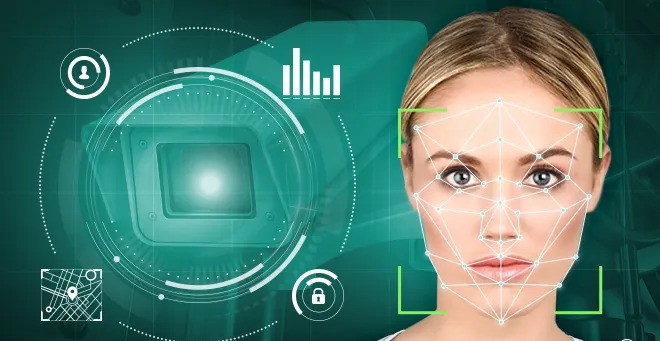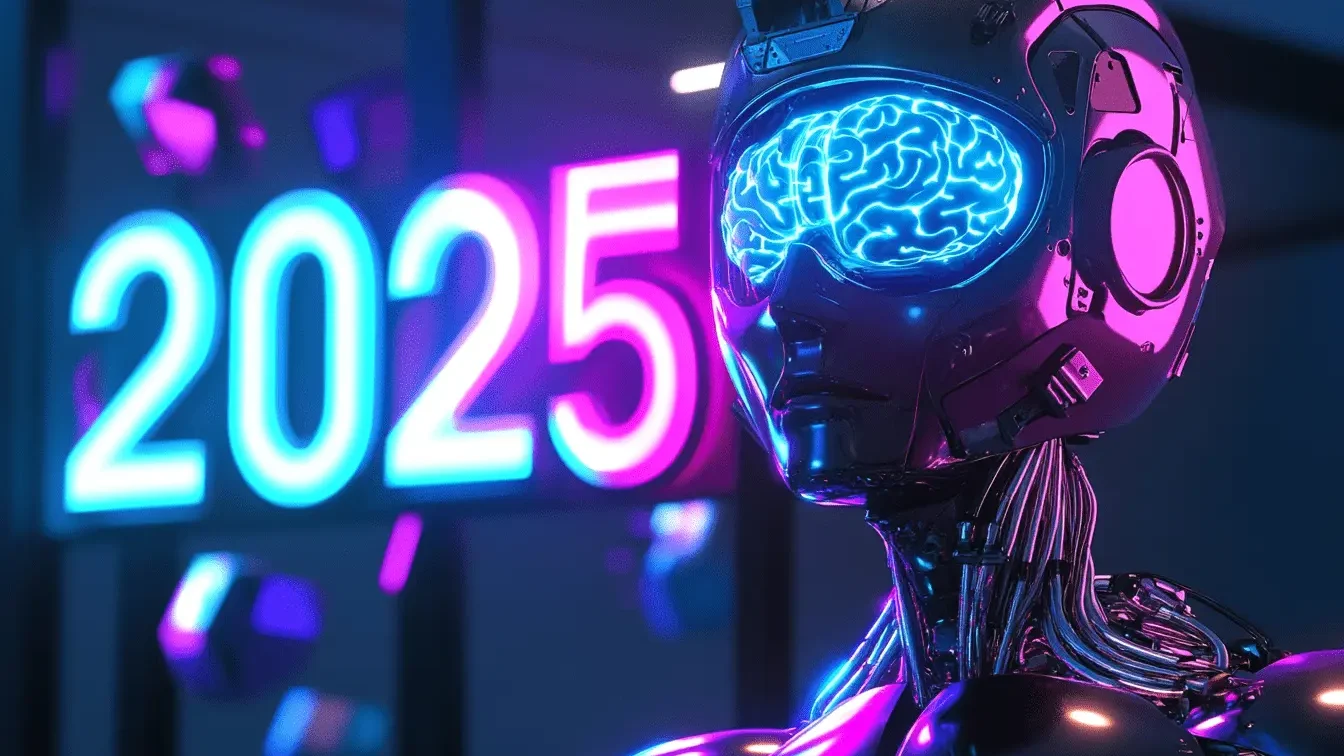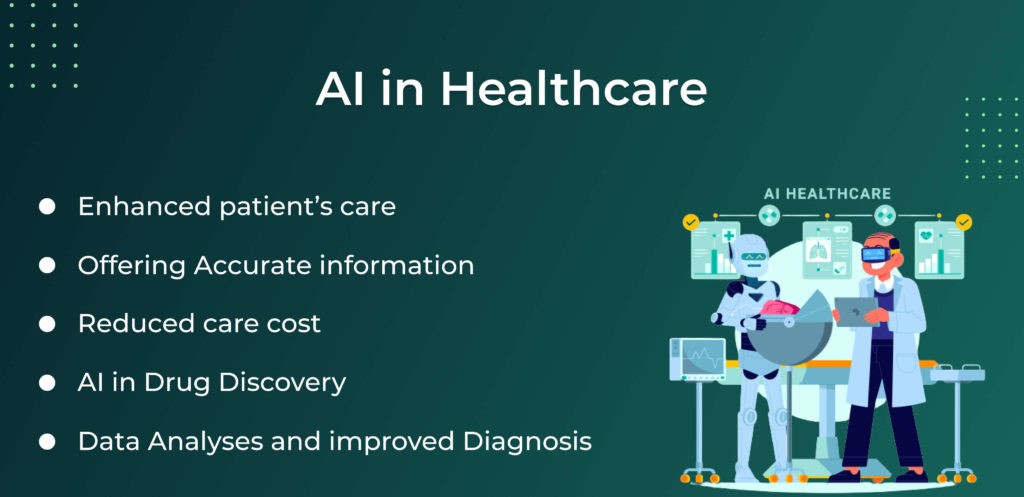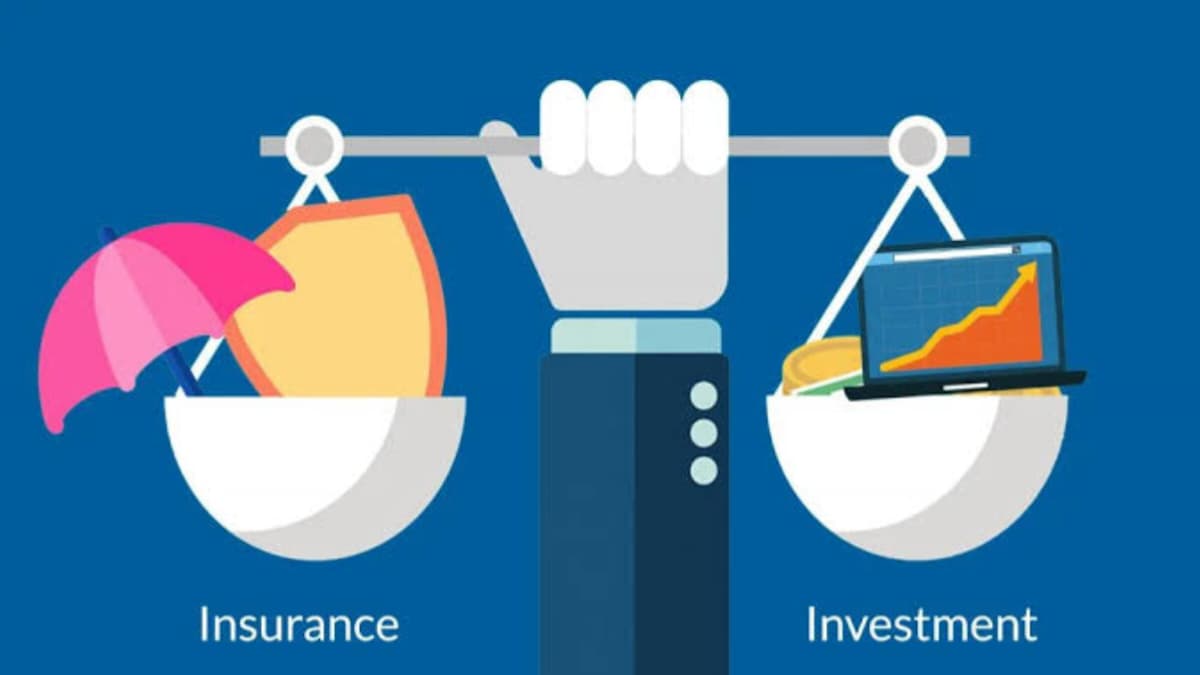Artificial Intelligence (AI) is no longer a distant concept or the stuff of science fiction. It has already begun to transform how we live, work, and interact with technology. But what does the future hold for AI? Will it continue to evolve, and how might it reshape our world in the coming decades?
AI in Everyday Life: Ubiquitous and Seamless
The first major change we can expect in the future is the seamless integration of AI into our everyday lives. From virtual assistants like Siri and Alexa to more sophisticated systems powering our homes, transportation, and healthcare, AI will become increasingly embedded in the fabric of daily life. Smart homes that learn your preferences, self-driving cars that take you anywhere, and personalized healthcare tools will be powered by AI algorithms designed to predict and adapt to your needs in real time.
As AI becomes more intuitive, it will be capable of anticipating what we want before we even ask. Imagine a refrigerator that knows when you’re running low on groceries and orders more for you, or a digital assistant that helps you plan your day based on your mood, calendar, and external conditions.
AI in Healthcare: Revolutionizing Medicine
One of the most exciting frontiers for AI is healthcare. Already, AI is being used to assist doctors in diagnosing diseases, predicting patient outcomes, and developing personalized treatment plans. In the future, AI could be the cornerstone of preventative medicine, helping to identify health risks before they manifest in serious conditions. Imagine a world where AI-powered wearables continuously monitor your vital signs and alert you to potential health issues before they become critical.
AI’s capabilities in drug discovery and genomics will also change the way we treat and prevent diseases. The speed at which AI can analyze massive datasets and simulate experiments is unmatched, making it an invaluable tool in the search for new cures and treatments. As AI algorithms continue to improve, we could see life expectancy increase and many once-deadly diseases become manageable or eradicated entirely.
AI and the Future of Work: A Double-Edged Sword
AI’s impact on the workforce is a topic of much debate, and the future remains uncertain. On one hand, AI will undoubtedly automate many tasks, particularly in industries like manufacturing, transportation, and customer service. This could lead to job displacement, particularly for low-skill and repetitive tasks.
However, AI will also create new job opportunities, especially in fields related to AI development, data analysis, cybersecurity, and machine learning. The key to navigating this shift will be reskilling and education, ensuring that the workforce can adapt to a rapidly changing job market. In the future, we could see more people working alongside AI, using its capabilities to enhance productivity and creativity in ways we haven’t yet imagined.
AI in Creativity: Expanding the Limits of Human Imagination
While AI has traditionally been seen as a tool for efficiency and data analysis, its role in creative industries is growing. AI is already being used to generate art, write music, and even assist in filmmaking. In the future, AI could become a co-creator, working alongside humans to push the boundaries of art, literature, and entertainment. AI-generated content might not just replicate existing styles but offer entirely new forms of expression that we haven’t yet conceived.
Some fear that AI could replace human creativity, but it’s more likely that AI will augment and enhance the creative process. Artists, writers, and musicians could use AI to explore new ideas, automate tedious tasks, and bring their visions to life faster and more efficiently.
AI Ethics: Navigating the Moral Minefield
As AI continues to evolve, the ethical implications of its use will become more pronounced. Issues such as privacy, bias, accountability, and the potential for AI to be used in harmful ways will require careful consideration. For instance, AI algorithms that make decisions in areas like hiring, policing, or credit scoring must be transparent and free from bias to ensure fairness and equity.
The development of AI regulations and frameworks will be crucial in ensuring that this technology benefits society as a whole, rather than exacerbating inequalities or infringing on individual rights. AI must be developed with ethical guidelines in mind, ensuring that its power is harnessed responsibly and for the greater good.
The Rise of AGI: A Leap Toward Conscious Machines?
Looking further into the future, one of the most exciting and unsettling possibilities is the rise of Artificial General Intelligence (AGI). Unlike narrow AI, which is designed to excel at specific tasks, AGI would have the ability to learn, understand, and apply knowledge across a wide range of domains—much like a human brain. This raises the possibility of machines that could perform any intellectual task that a human can do, opening up a new world of possibilities, but also profound challenges.
The creation of AGI could revolutionize industries, solve complex global problems, and lead to unimaginable advancements in science and technology. However, it also poses risks related to control, safety, and the potential for machines to surpass human intelligence. As a result, the development of AGI will require careful oversight, international collaboration, and ethical consideration to ensure that these machines remain aligned with human values.
Conclusion: The AI-Driven Future
The future of AI is filled with both promise and uncertainty. It will undoubtedly transform every aspect of our lives, from healthcare to work, creativity, and beyond. While the benefits are immense, we must also be mindful of the challenges it presents, particularly in terms of ethics, privacy, and job displacement.
The key to harnessing the potential of AI will lie in thoughtful, responsible development and regulation. By focusing on creating AI that is transparent, ethical, and aligned with human values, we can ensure that this transformative technology benefits society in ways we can only begin to imagine. The future of AI is bright—but how bright depends on the choices we make today.










